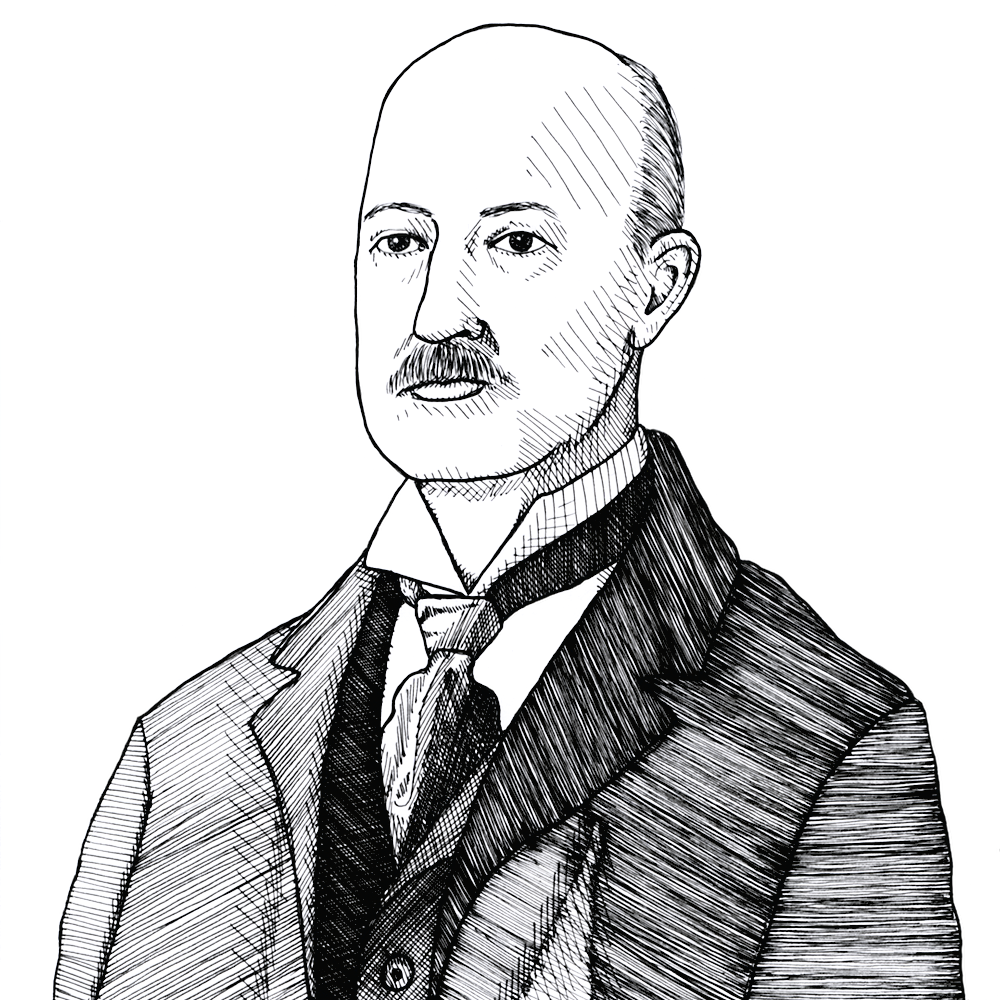
Sumner on the industrial system as an example of social co-operation (c. 1900)
Found in: What Social Classes Owe to Each Other
The American sociologist William Graham Sumner (1840-1910) argued that the accumulation of capital by peaceful productive activity required the cooperation of millions of people across the globe and resulted in mankind rising above the level of “the brute”:
Economics
The modern industrial system is a great (example of) social co-operation. It is automatic and instinctive in its operation. The adjustments of the organs take place naturally. The parties are held together by impersonal force—supply and demand. They may never see each other; they may be separated by half the circumference of the globe. Their co-operation in the social effort is combined and distributed again by financial machinery, and the rights and interests are measured and satisfied without any special treaty or convention at all. All this goes on so smoothly and naturally that we forget to notice it. We think that it costs nothing—does itself, as it were. The truth is, that this great co-operative effort is one of the great products of civilization—one of its costliest products and highest refinements …